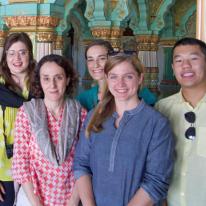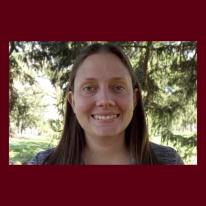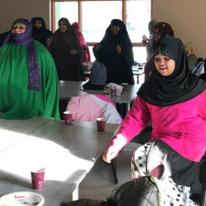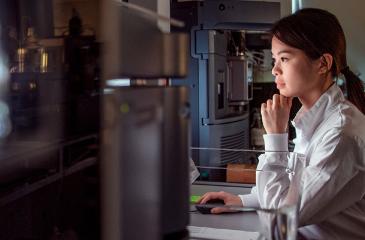Complex problems need innovative approaches to finding solutions. Fortunately, we have a powerful creative partner in the Institute for Engineering in Medicine (IEM), an interdisciplinary group that uses engineering approaches and technologies to improve health care and provide a bridge to product development and our biomedical industry.
Case in point: Dr. Rahel Nardos, director for global women’s health at the Center for Global Health and Social Responsibility, frequently travels to her home country of Ethiopia to help women with pelvic floor injuries and disorders. Modern surgical tools are disposable, expensive, and often not available where she works, so she teamed with IEM and the Carlson School of Management’s New Product Design and Business Development class to redesign an older reusable surgical tool optimizing it for safer and more effective surgery for low-resource settings. The result of this multidisciplinary collaboration? A prototype tool that could be easily sourced and reused, and better surgical care for patients everywhere.
Rising medical costs and an aging population will continue to challenge us to find new ways to deliver safe, environmentally conscious, high-quality, and cost effective care. Having innovative interdisciplinary partners like the IEM is one of our greatest strengths in solving these challenges.
Thank you,
Jakub Tolar, MD, PhD
Vice President for Clinical Affairs
Driving Innovations and Discovery

Lead Compounds in Clinical Chemoprevention Conference
Join the Masonic Cancer Center on Aug. 18 for this conference that brings together researchers in the process of moving pharmaceuticals into human cancer prevention trials at the University. The event is organized as a combination of presentations of pipeline compounds and biochemical pathways we are currently targeting in cancer prevention and treatment. A focus on barriers to rapid translation and regulatory pathways for clinical adoption will be included. Infrastructure available on campus to facilitate translation will be presented.
Advancing Interprofessional Education & Training

Lessons from India: Experiential Learning Outside and Inside the Classroom
The most valuable lessons Liz Sopdie, PhD, learned during her three-week course in Mysore, India were those she learned outside the classroom. In 2018, Sopdie joined eight strangers on a 30-hour journey to the second most populous country in the world as part of the India: Global Health, Globalization and Leadership course. “Going somewhere new to learn can be life changing,” she said. “Travel promotes personal growth and teaches you about your own resilience. The entire experience is something you can’t get in a classroom or in a familiar place.”

Apply to be an Institute on the Environment Grad Scholar
Are you a graduate or professional student interested in exploring topics related to climate change with a cohort of your peers? Apply by Sept. 12 to be an Institute on the Environment IonE Graduate Scholar. If you are selected, you will have a unique opportunity to connect with other students interested in interdisciplinary research within these topics and you will earn a $200 stipend upon program completion.
Partnering with Communities

Alexis Swendener Named Rural Health Equity Postdoctoral Fellow
Alexis Swendener grew up on a cattle ranch in rural western Nebraska which motivated her to study and advocate for the health and wellbeing of rural communities. Swendener was recently selected as the next Rural Health Equity Postdoctoral Fellow for the Office of Academic Clinical Affairs’ rural health initiative, led by Dr. Katy Kozhimannil. She will work with Dr. Carrie Henning-Smith on a project related to investigating interrelated factors influencing rural health outcomes such as community support, family support, and work/family balance, with a focus on how these processes affect marginalized rural groups.

Reimagining How to Engage Immigrant Communities on Health Issues
As part of CTSI’s Science Café project funded by NIH’s National Center for Advancing Translational Sciences, Dr. Mickey Eder has been reimagining how institutions can better connect with immigrant and refugee communities about health issues. Science Cafés have long brought together scientists and the general public to talk about topics like health care and wellbeing. Their unique structure eschews the standard lecture model in favor of lively conversations in casual settings. CTSI has since partnered with Minneapolis’ Karen, Somali, and Spanish language communities to hold 18 Science Cafés, and published research showing the format's effectiveness in engaging with immigrant and refugee communities on health issues.
U-Wide Events and Opportunities

Self-Care Superpowers Nurses Need to Lead Systems Change
This session from the Bakken Center on Aug. 18 highlights the power nurses and health care providers already have to use self-care strategies to improve wellbeing and resilience and at the same time start to heal the broken health care system. Beginning with simple techniques to use at the bedside and with colleagues, using these superpowers reveals many evidence based positive outcomes.



